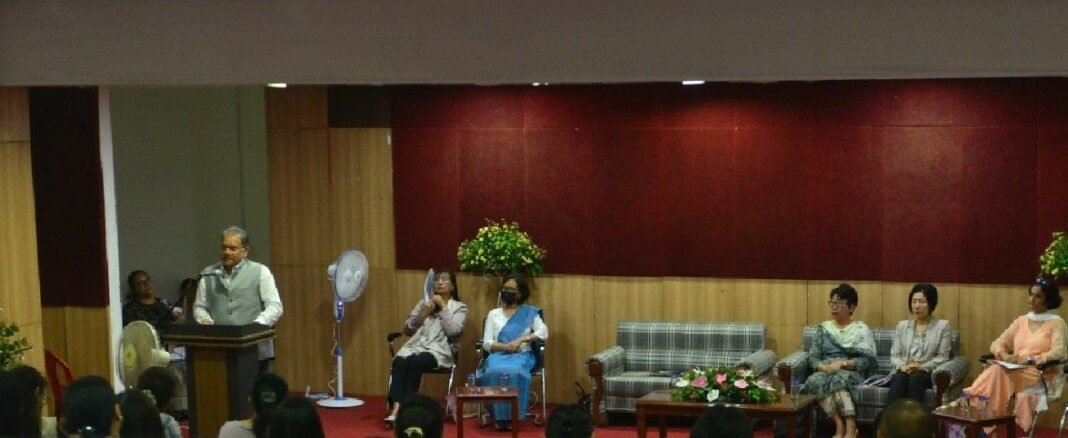HT Correspondent
DIMAPUR, July 13: Nagaland chief secretary J Alam said the National Education Policy (NEP) 2020 is a paradigm shift in the education system.
Speaking at the inaugural session of the state-level seminar on the development of Nagaland State Curriculum Framework at the Capital Convention Centre in Kohima on Wednesday, Alam said the NEP 2020 was finalised after exhaustive consultations and deliberations with grassroots level people engaged in the education sector and the experts.
He mentioned that the previous education policy was framed in 1986 and the programme of action to implement the policy came in 1992.
Alam said right after the announcement of the new education policy, everyone associated with education, from the Central to state governments and agencies involved, have gone into high gear. He said there have been a series of consultations to translate the policy into action.
He said a key challenge, particularly in school education, is how to transact knowledge between the teacher and the student. He hoped that the curriculum framework is being designed in such a way that the learning outcomes improve.
According to Alam, the approach in NEP 2020 is a bottom-up approach where subject experts contribute based on which a state curriculum framework will be designed. This will then be used for the national curriculum framework and the national curriculum framework will be developed by the government of India, he added.
He said a big challenge is getting access to education, particularly in the disadvantaged section of society, and stressed the need for putting in more effort for the left out.
Nagaland school education and State Council of Educational Research and Training (SCERT) commissioner and secretary Kevileno Angami, in his address, said the inputs given by the people involved in the curriculum framework are critical as they will form the basis on which the SCERT will be developing the textbooks for the students.
She said education is at the threshold of change, transiting from the old to the new with NEP 2020. Angami said under the new policy, it will be a 5+3+3+4 system, where five years will be the foundational stage, three years in the preparatory stage, three years in the middle stage and four years in the secondary stage. She underlined the need to recalibrate and restructure the education system as envisaged in the NEP.
Highlighting holistic learning, Angami said the core subjects will have to be integrated with arts, sports and life skills. She added that flexibility has to be provided to the students so that they can make life choices and study plans while still in school. However, some subjects such as life skills, mathematics and science will continue to be mandatory, she said.
During the seminar, sessions on curriculum framework for school education, teacher education, adult education, issues and challenges and future courses of action were held.
- Advertisement -
- Advertisement -
- Advertisement -
- Advertisement -



